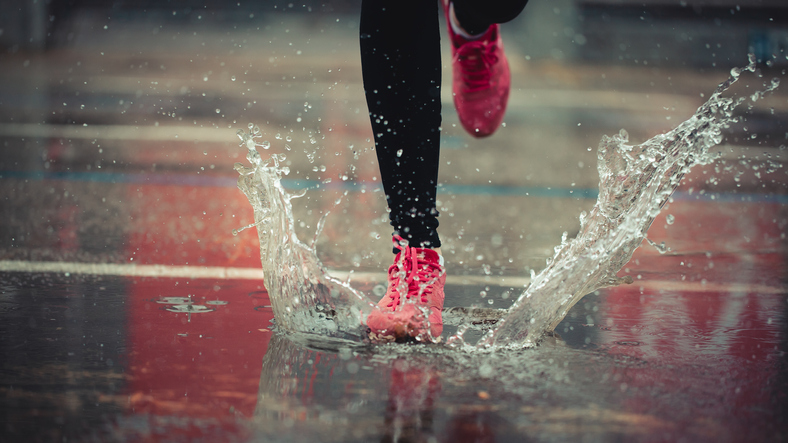Race day is a culmination of weeks, months, or even years of training. It’s the day when all your hard work is put to the test, and every runner aims to give their best performance. However, even the most seasoned runners can fall prey to certain common mistakes on race day that can hinder their performance.

Overlooking nutrition and hydration needs
It shouldn’t surprise you that this one tops our list, based on how often we write about running and nutrition–after all, the two are so closely linked. Whether it’s eating too much or too little pre-race, consuming unfamiliar foods or not fuelling enough during the race, improper nutrition can lead to gastrointestinal issues and a lack of energy. Stick to familiar, easily digestible foods and hydrate adequately in the days leading up to the race. (As we approach summer, this becomes even more important.) Remember that hydrating for a race should begin earlier than just the day before.
Forgetting your race plan
Many runners get caught up in the excitement of race day and abandon their carefully crafted race plan. They may start too fast, trying to keep up with the adrenaline-fuelled pack, leading to early exhaustion and a disappointing performance. It’s crucial to stick to the pacing strategy you’ve trained for and avoid the temptation to deviate from it. This also ties back to hydration and nutritional needs; it’s common to feel good in the early kilometres of a race such as a marathon and feel you can skip aid stations to save time.

Neglecting a warmup
Skipping warmup exercises can leave muscles tight and increase the risk of injury during the race, especially when you’re running as hard as you can from the gun going off. A proper 15- 20-minute warmup routine helps prepare the body for the physical demands of running at your top effort for your race distance. Spending a few minutes doing dynamic stretches and a light jog can make a significant difference in how your body responds during the race. (This is a good practice to adopt in training, too.)
Nothing new on race day
The longer you’re exposed to endurance sports, the more frequently you’ll hear this phrase thrown around. Race day is not the time to experiment with new shoes, apparel or gear, since that can lead to discomfort, blisters or chafing, which can distract from your performance. Stick to the tried-and-tested gear that you’ve trained in to avoid any surprises on race day.

Not adjusting your plan for race-day conditions
Weather conditions can have a significant impact on race performance, yet many runners fail to adjust their strategies accordingly. Running too hard in hot weather can lead to dehydration and heat exhaustion, while failing to adjust your pace for strong winds or hilly terrain can lead to early fatigue. Stay informed about the race conditions and adjust your race plan accordingly, but don’t let the stress of a bad weather forecast take away from your enjoyment of the day.

